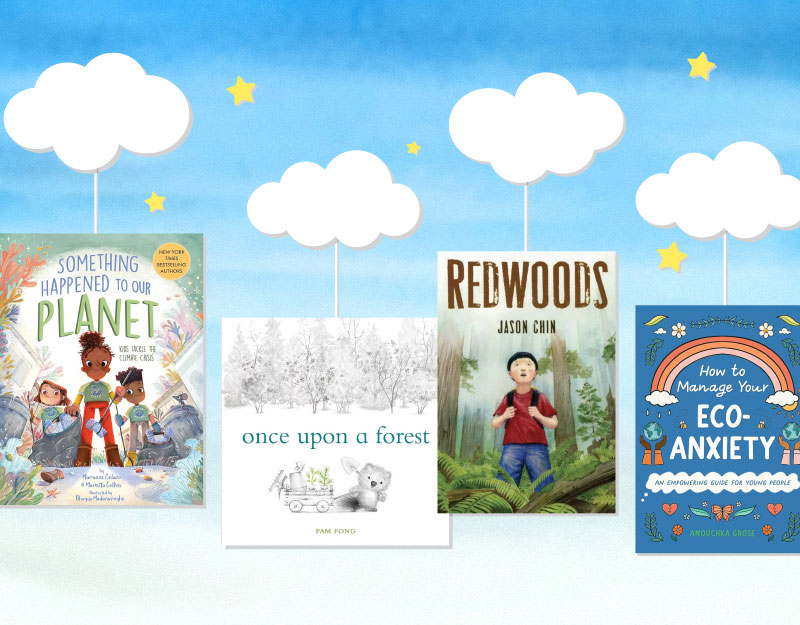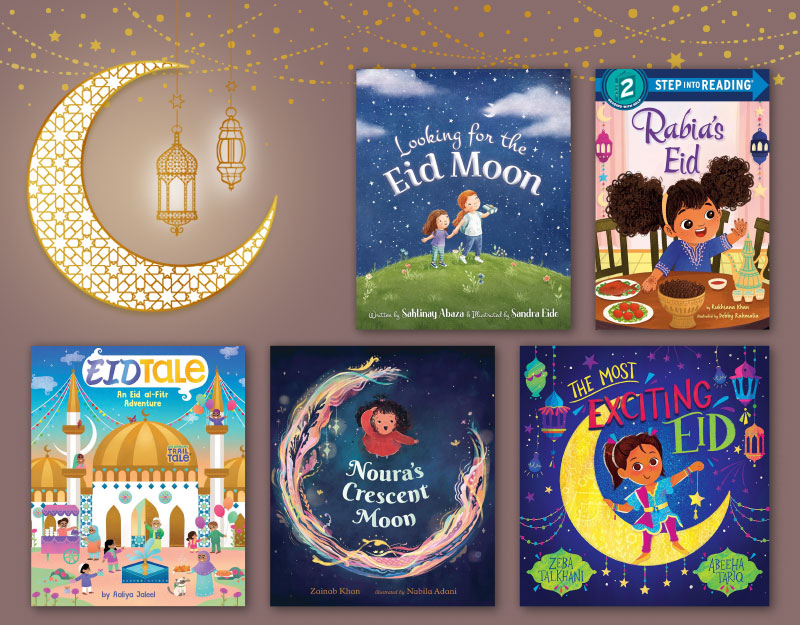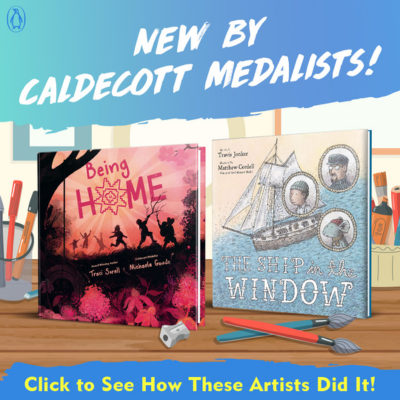No One Is Born Wise. An African Proverbs Interview with Dr. Johnnetta Betsch Cole and Nelda LaTeef

It happens every year. My library works on its 101 Great Books for Kids list, and we have to have everything finished by mid-October. Then, precisely one day after we’ve made our final assessments, a book comes in the mail that is so gloriously good that had we seen it we would have included it in a heartbeat. African Proverbs for All Ages by Dr. Johnnetta Betsch Cole, illustrated by Nelda LaTeef, was that book this year. To tell you about it, I’m going to give you the description I’ll be using in my upcoming 31 Days, 31 Lists write ups. I don’t usually premiere them early, but this book is worth it:
“Proverbs from a wide range of African nations and cultures are brought together in this clever compendium, illustrated adroitly with gorgeous art. My little warning lights were piqued when I first saw this title. We all want to avoid just lumping the different nations and cultures of Africa together. But don’t worry. You’re in safe hands with Dr. Cole, who’s an anthropologist (and who has known artist Nelda LaTeef for many years). As I went through this book I found it really fascinating. A study in how proverbs can not only be used with kids but also how well they can be paired together. LaTeef has lived in a variety of different countries in Africa over the course of her life and she really brings that knowledge to the fore. All told, this is an accomplished, fascinating book.”
But don’t take my word for it. I had the chance to with with Dr. Cole and Ms. LaTeef about the project. Here’s what they had to say:
Betsy Bird: Thank you both for joining me today. Dr. Cole, could you tell us a little bit about how this project came to be?

Johnnetta Betsch Cole: I like to think of African Proverbs for All Ages as a wonderful result of respect and admiration for the peoples and cultures of Africa, collaboration between two women, and a blessing. Let me explain.
ADVERTISEMENT
ADVERTISEMENT
At different times and in different ways, Nelda LaTeef and I have spent time on the African continent where each of us came to respect and admire so much about the peoples we interacted with, and we took the time to learn what we could about their cultures. During our respective times in some of the countries of Africa, we heard, were amused by and learned from proverbs that were spoken. And we each became collectors of what are called proverbs on the African continent, but are called sayings or aphorisms in other parts of the world.
On a particular day when Nelda came to my office at the Smithsonian to bring me a copy of one of her award winning books, over tea, the idea of our collaborating to do a book on African proverbs was born. And what a wonderful and rewarding collaboration it has been. As two African proverbs in our book note: “A single bracelet does not jingle.” And, “When spider webs unite, they can tie up a lion.”
I continue to search for words that can capture how grateful Nelda and I are for the blessing we have received from Ms. Oprah Winfrey. Namely, our book is the first children’s book to be designated as “An Oprah Book.” I believe that with every blessing comes a responsibility. And Nelda and I certainly feel the responsibility to do all that we can to make our book available to as many diverse people of all ages as we can.
BB: Well, this seems as good a time as any for me to ask you too, Ms. LaTeef, how did you first hear about this project?

Nelda LaTeef: African Proverbs for All Ages came about as a result of a children’s picture book I had written and illustrated that was inspired by West African oral tradition. At the time, Dr. Johnnetta Cole was the director of the Smithsonian National Museum of African Art. I had sent her the manuscript and the illustrations for the story and she kindly agreed to write an endorsement for the book cover. When Animal Village was published, I presented her with an autographed copy. During our visit, over a cup of tea, we discovered a shared mutual admiration for African proverbs! On the spot, we decided to collaborate on a children’s picture book on African proverbs. We agreed that we would pool our favorite proverbs together: Dr. Cole would write the book’s preface and I would do the illustrations. It was this wonderful teamwork and the friendship that grew between us that propelled the project forward. We were always eager to get together to share new proverbs and unveil my latest illustrations. Dr. Cole’s enthusiasm for the project, her keen artistic eye, depth of knowledge, and generosity of spirit, made working on this book a truly rewarding and joyful experience.
BB: Dr. Cole, while there may be a knee-jerk reaction by some people at the title of this book, I think the important thing to note is the wide range of countries and cultures represented on these pages. With that in mind, I’m curious about the editorial decision to not mention the proverbs’ countries of origin until you get to the back of the book, where they are revealed. Was this to give the proverbs their own space or was there another reason?
JBC: Our decision not to mention the proverbs’ countries of origin at the outset was because about one third of the proverbs do not have a specific country of origin since many originated from African ethnic groups that live across the borders of several countries. This of course is a result of European colonization that divided Africa into countries without respect for where particular ethnic groups lived. Rather than taking up space designating these proverbs’ origins as “Africa,” which would have been superfluous since the book is about African proverbs, we felt it less distracting to designate the country of origin, when it is known, in the key pages located at the back of the book. This editorial and design decision allowed us to use a larger font size for the proverbs on all of the pages.

BB: Ms. LaTeef, can you tell us a little bit about your process? What medium did you work in with this book? And why did it fit this book in particular?
NL: I approached each proverb I illustrated with the intent of leaving a visual imprint of that proverb in the reader’s mind. My process was basically intuitive. I drew upon my memories of the many years I spent in West Africa, channeling my recollections of the vastness of the landscape, the expanse of the sky, the colors of the earth and vegetation. I drew upon, not only my sense of place, but on my empathy and admiration for the peoples and the diverse cultures of Africa. I chose acrylic paint for its warm, vibrant, bold colors, and also because it is fast-drying! I am always impatient to see my vision unfold. And I chose collage for the depth and texture it adds, as well as its crisp, clean, layered look.
Once the elements needed to bring the proverb to life are created, assembling them into a cohesive whole can be exciting and nerve wracking all at once. At this stage, I feel very much like an orchestra conductor. I have to remind myself to breathe as I arrange the layers to seamlessly fit together. It is also at this point that the element of surprise and the magic happens. After the illustration is completed I hang it on my studio wall along with the rest of the completed illustrations to help me decide the vantage point, perspective, and colors of the next illustration. Will it be a close-up, an aerial view, a side view? Should the action be left to right or right to left? What should the background treatment be? Ultimately, these choices are to ensure a fresh and exciting page turn.

BB: Dr. Cole, where did you find these proverbs? What was your process for collecting them? And were there any new ones you encountered that you instantly knew had to be in this book?
JBC: Nelda and I brought to our work sessions some of our favorite African proverbs that we had heard in African countries or heard from African immigrants living in the United States. Because I often “pepper” my formal speeches and informal conversations with African proverbs, people who hear me use these teachings are encouraged to discover African proverbs and share them with me. It is such a precious gift to learn African proverbs from people who are new to what these gems of wisdom can teach us.
BB: And Nelda, rather than keep the focus of the book squarely on humans at all times, you often feature animals in the wild. What was your process for deciding which animals to use?
NL: At times, using specific animals was an obvious choice as in the case of illustrating proverbs such as: “When the mouse laughs at the cat, there is a hole nearby,” or “Like the turtle, each one of us must stick out our neck if we want to go forward.” In other instances, I had a pretty broad choice of options as in the proverb: “Where many are gathered, there is much to be said.” For this proverb, I chose to feature a gathering of gray crowned cranes. I had an unexpected encounter with this bird in Niger! One morning, I was reading on the veranda, overlooking the garden, when I heard a flutter of wings. Looking up from my book, I was awestruck to see this regal, three foot tall crane, with a golden crown, land right next to the guava and cashew trees in the garden. The sight left an indelible imprint on me. This proverb, all these years later, offered a wonderful opportunity to create an illustration featuring this spectacular African bird.

BB: My favorite proverb in the book, without a doubt, is, “If you think you are too small to make a difference, you haven’t spent a night with a mosquito.” What are some of your favorites, Dr. Cole?
JBC: Your favorite African proverb in our book is certainly one of my favorites as well. Here are a few more of my favorite ones and why they have a particular relevancy for me.
“She who learns must teach, and she who teaches must learn.” This proverb captures what should be the fluidity between teaching and learning. In other words, teachers should never stop learning. Indeed we can say that any and all adults should never stop learning. And students, and all young people, should develop an ability to teach.
“Until the lion has his own storyteller, the hunter will always have the best stories.” There is another version of this proverb that I also like. It says: “Until the lion (and I like to add the lioness) tells the story of the hunt, the story will always glorify the hunter.” This proverb points out the importance of seeing something from the perspective of others, and in particular the importance of seeing a situation from the perspective of the one who does not have power and privilege.
“Like the turtle each one of us must stick out our neck if we want to go forward.” Turtles are my spirit animals, so that is one reason that I am fond of this proverb. And throughout my life, I have tried to stick out my neck and have the courage to do what is right.
“However long the night, the dawn will always break.” A wording that is similar to this proverb is found in the Bible, and the fundamental point is made in the texts of all religions. The message is about patience and faith and hope.
“It always seems impossible until it is done.” Until I learned that this is an African proverb, I assumed that these were President Nelson Mandela’s words. This is a good example of how African proverbs can flow into the parlance of African people. What I like about this proverb is that it encourages us to press on to accomplish what may seem to be impossible to do.

BB: Nelda, I know that you’ve lived in a variety of different areas in Africa over the years. What countries did you live in? And when you were conducting research for this book (it features a wide range of environments, clothes, and people), how much of it ultimately came down to first-hand experience?
NL: Well, just like the instance of the gray crowned crane, I would say a great deal of my knowledge and ideas of how to visually narrate and present these proverbs came from the many years I spent living in the North African country of Tunisia, and the West African countries of Niger, Nigeria and Senegal. It gave me a pretty broad frame of reference to draw upon, and confidence in my instincts and choices. And, if I felt the slightest twinge of uncertainty, I would consult with my very knowledgeable co-author and our brilliant editor and art director.
BB: Dr. Cole, I was intrigued by the way in which different proverbs would be grouped together. Certainly I think this helped Nelda with some of her artistic choices. Were there any proverbs that you initially hoped to use but that simply didn’t fit in the book? Did you have to lose any of your favorites?
ADVERTISEMENT
ADVERTISEMENT
JBC: Yes, there were proverbs that I initially hoped to use but they did not end up in our book. I did my anthropological fieldwork in Liberia, and I would have liked to include proverbs from that country. But so many of the most popular ones are found all over the continent. One particular Liberian proverb that I am really fond of says: “Don’t look where you fell but where you slipped” Another says this: “Not because you know how to cry means you must be at every funeral.”

BB: Oh, I love the “where you slipped” proverb. So Nelda, what’s next for you? Do you have any other books on the horizon?
NL: A proverb in our book which particularly resonates with me is: “Traveling leaves you speechless, and then turns you into a storyteller.” Starting at an impressionable age, I have been fortunate to have done quite a lot of traveling abroad. This has had a tremendous impact on me as both a writer and as an illustrator. I am now working on a children’s picture book where the idea sprang from a visit to the west Central African country of Cameroon. I was in a marketplace, in Yaoundé, when I saw a young boy carrying the largest frog I had ever seen. What caught my attention, even more than the size of the frog, was the way the boy was cuddling the frog in his arms as if it were a pet! I later discovered that this species of frog is actually called a Goliath frog. I finished writing the story, and now I am at the stage where I have just a few more illustrations to go!
BB: Finally, Dr. Cole, as an anthropologist, how would you best like this book to be used? It appears that there could be a wide range of potential uses both within the classroom and one-on-one with family members.
JBC: As an anthropologist, I hope our book will be widely used in diverse settings: in classrooms, in conversations among family members and among friends, and in formal settings such as courtrooms. The more widely African proverbs are used, the more the diverse people in my country, and indeed in the world, will come to know about the continent that is the cradle of all of humanity.
Before I end, I need to show you my favorite piece of art in the book. You may be able to figure out why . . .

Incredible thanks to Dr. Cole and Ms. LaTeef. Thanks too to Kelsey Marrujo and the folks at Macmillan Children’s Publishing Group for setting up this interview.
African Proverbs is available November 30th on bookstore and library shelves everywhere. Look for it soon!
Filed under: Best Books, Best Books of 2021, Interviews
About Betsy Bird
Betsy Bird is currently the Collection Development Manager of the Evanston Public Library system and a former Materials Specialist for New York Public Library. She has served on Newbery, written for Horn Book, and has done other lovely little things that she'd love to tell you about but that she's sure you'd find more interesting to hear of in person. Her opinions are her own and do not reflect those of EPL, SLJ, or any of the other acronyms you might be able to name. Follow her on Twitter: @fuseeight.
ADVERTISEMENT
ADVERTISEMENT
SLJ Blog Network
One Star Review, Guess Who? (#202)
Exclusive: Giant Magical Otters Invade New Hex Vet Graphic Novel | News
Parsing Religion in Public Schools
Take Five: LGBTQIA+ Middle Grade Novels
ADVERTISEMENT








“Traveling leaves you speechless, and then turns you into a storyteller.” This morning a friend told me about his family’s plans for next year’s summer vacation. Tomorrow, during our shared Thanksgiving meal, I’ll be “storytelling” about the two destinations he mentioned. I’m joyful anticipating the family experiencing places that have left me “speechless.”
Thank you, Betsy, Dr. Cole and Ms. LaTeef for “telling” us about and sharing illustrations that obviously left Betsy “speechless” when she first encountered African Proverbs for All Ages. I look forward to having it in my hands, too!